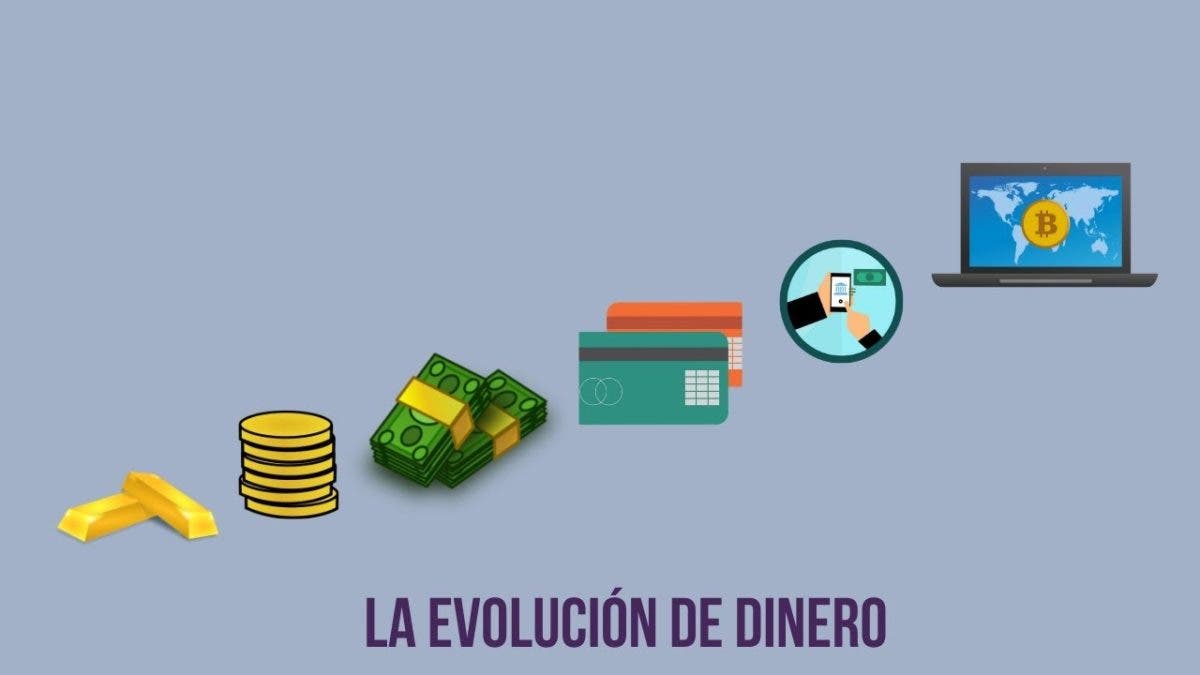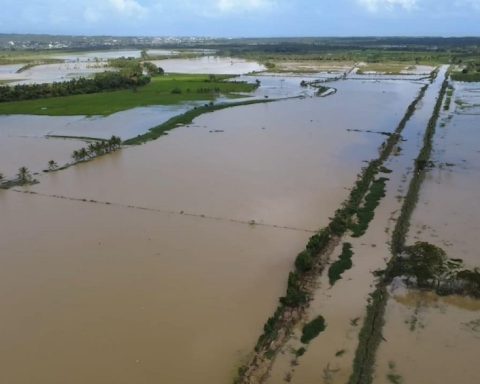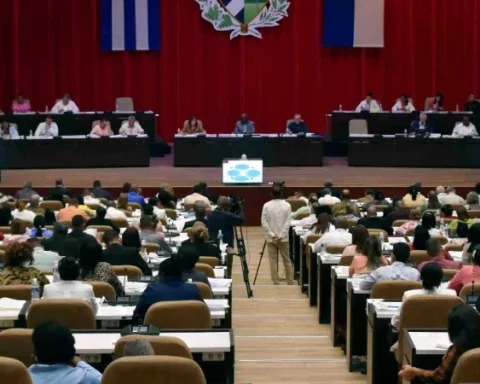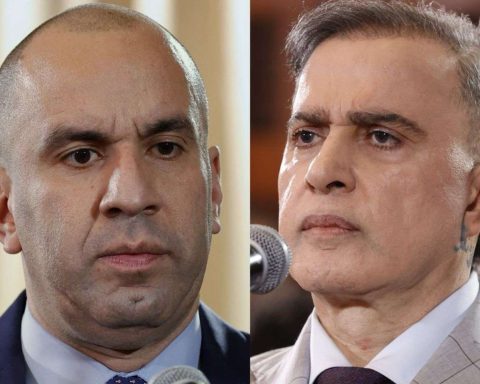Unlike the evolution of the means of transportation, in which automobiles have displaced horses and carts, and in analogy with the media, in which the paper newspaper shares space with the digital ones, the models transfer of purchasing power or payments, coexist, generating, in some cases, limitations that technology can solve.
Prebank processing systems
Since the first social organizations, man has found different ways to generate, accumulate and transfer wealth, understanding as such any expression that serves to postpone purchasing power.
The collection of fruits and vegetables, the cultivation, the breeding of animal species or even the collection of taxes were some of the primitive forms of wealth generation and that were exchanged in the form of barter.
Later, the need to find a common denominator to arbitrate easily and quickly between goods and services gave rise to primitive forms of currency.. Stones, skins, salts or pieces of wood, They became means of payment and their physical possession was the form of registration, both functionalities formed the first payment processing systems that used a symbolic object to equalize values.
Assigning an exchange value to objects, such as a coin, a ticket or a check, is the result of the psychological capacity of people to place trust in each other and in the authority of issuance of those instruments.
Physical coins, both metal and paper, are the latest expression of that old system of generation, accumulation and processing of transfer of purchasing power, which has lasted for thousands of years.
Bank Processing Systems

From the Renaissance, precisely In 1406, in Genoa, Italy, the first modern bank, the Banco di San Giorgio, was founded., quickly cities like Pisa, Venice and Florence had their own entities. The Medici family became one of the most powerful and traditional of the time.
In broad strokes, the main contribution that banking systems have made to the world of economic transactions is the simplification of transfer operationswriting down the changes in balances between accounts of the same institution at the beginning and then registering movements between accounts of different entities.
Read more: History of the Dominican peso: everything you need to know
This new modality incorporated a money processing or circulation system, the banking registry, which was added to the physical delivery of money, integrating processing channels.
Technological advances brought other means and channels of payment such as promissory notes, checks, credit cards, debit cards and currently electronic wallets. Each one of them builds its own processing network and at some points of contact they connect with each other, so that money circulates, paying transaction fees, commissions, expenses and taxes as they go.
From the printing of banknotes, the minter of coins or the electronic payment processors, they seek to survive and integrate. Secondlyalthough the political power defines rules and regulations, it is private companies that offer the servicetherefore these activities, in many cases monopolistic, are extremely profitable for the providers and costly for the users, generally, their business models receive percentages on the transactions, something that has nothing to do with the cost structure of the service, since a transaction of a few pesos costs the same as one of millions.
From the printing of banknotes, the minter of coins or the electronic payment processors, they seek to survive and integrate
Blockchain processing systems
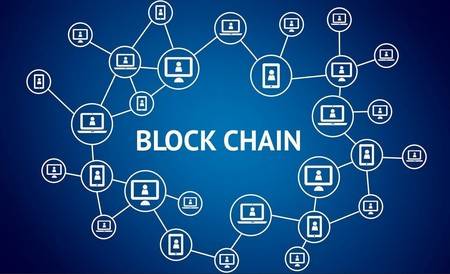
Without a doubt, the bitcoin manifesto, released on October 31, 2008has been the cornerstone for the development of a new form of payment processing. The infrastructure of the Internet networkdistributed globally, the costs for connectivity, increasingly lower and more accessibleleft on the table the possibility of joining computing efforts, decentralizedthat is, distributed in tens of thousands of computers, to record transfers between non-bank digital accounts, safely and without the intermediation of traditional financial and banking corporations.
That was how he bitcoin surpassed the dollar in value, giving rise to new monetary forms based on algorithmic logic and control methods based on predefined emission rules.
Regardless of the name of your preferred cryptocurrency, most of those listed on the main exchange platforms are true means of payment processing, since they meet the conditions of representing purchasing power and being able to be transmitted between accounts.
With the appearance of the crypto world, the States are losing the issuing monopoly, from bitcoin to date, thousands of protocols occupy in the psychology of future generations the space that was previously only reserved for central banks and mints. . However, the last word is missing.
States from various parts of the world and sizes, with extremes ranging from Nigeria or Cambodia to the People’s Republic of China, are implementing their own digital currency, but what does this represent in terms of means and payment processing systems?
In principle, it could mean a return to state control, the re-empowerment of the public over the private. The sovereign assumes its role as trustee to ensure the means and transmission systems of the purchasing power of each of the countries.
States from various parts of the world and sizes, with extremes ranging from Nigeria or Cambodia to the People’s Republic of China, are implementing their own digital currency
However, this would only be the beginning.
new economy
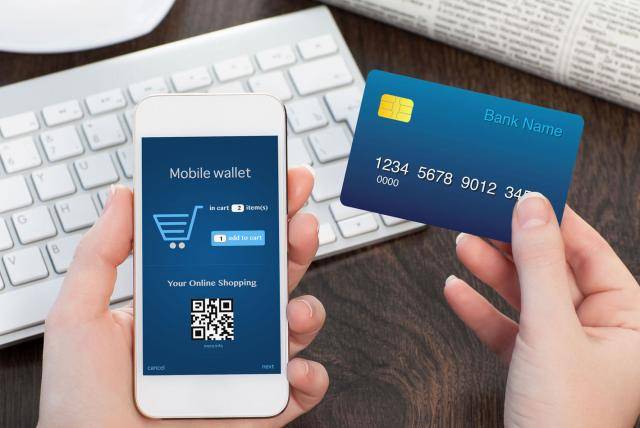
An economy in which there are only electronic means of payment would allow:
1) Very high formality in transactionsbecause for the realization of operations in the informal market, other currencies should be used or barter directly;
2) Reduce taxesbecause by increasing the taxpayer base, collection will be significantly expanded;
3) Simplification in trading instruments, because when using electronic records, the role of invoices and receipts can be easily replaced by electronic wallets or digital accounts; Y
4) Apply innovative monetary schemessince digital money allows predictable emission policies defined by algorithms to be computerized.
